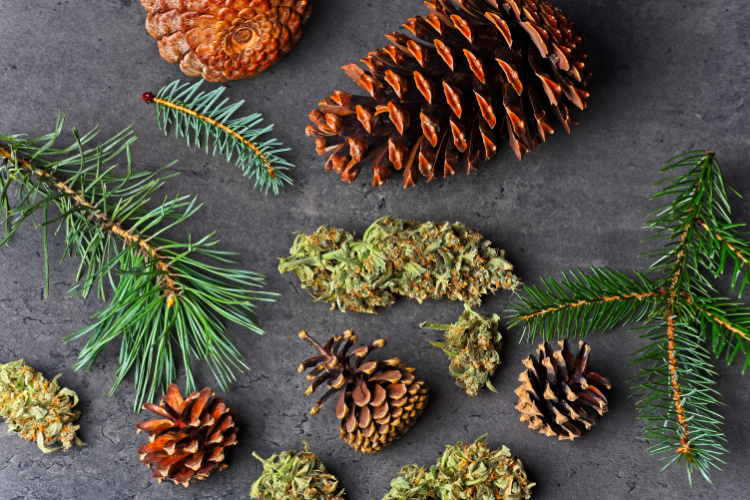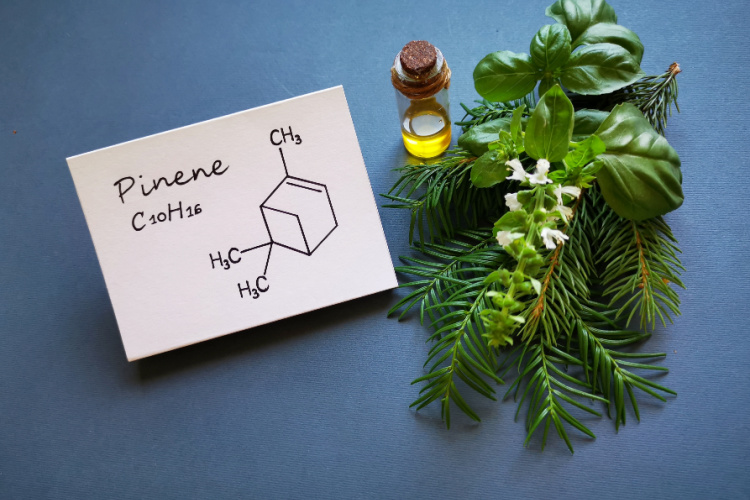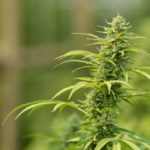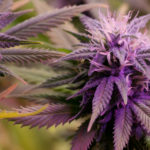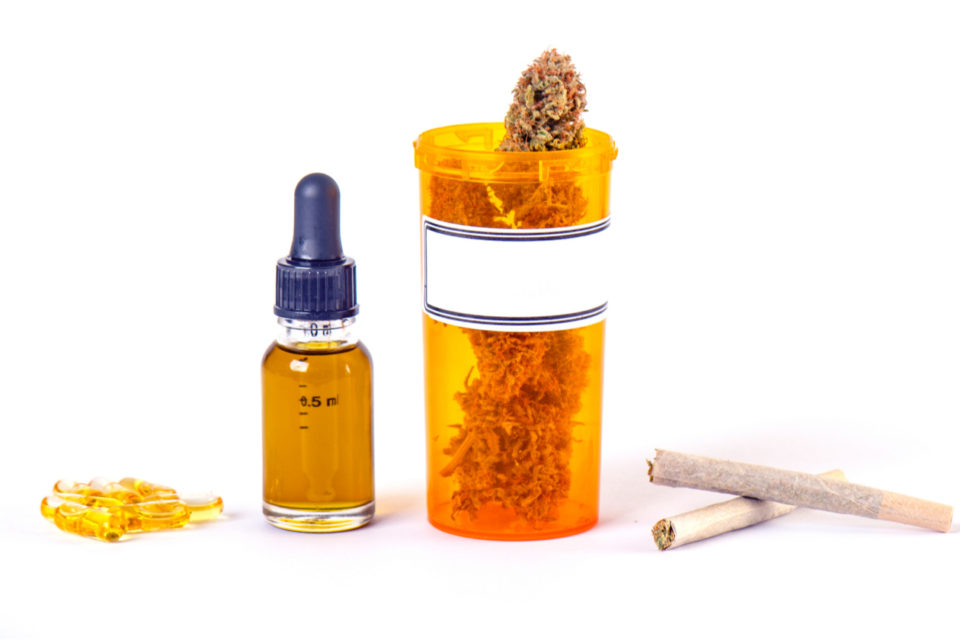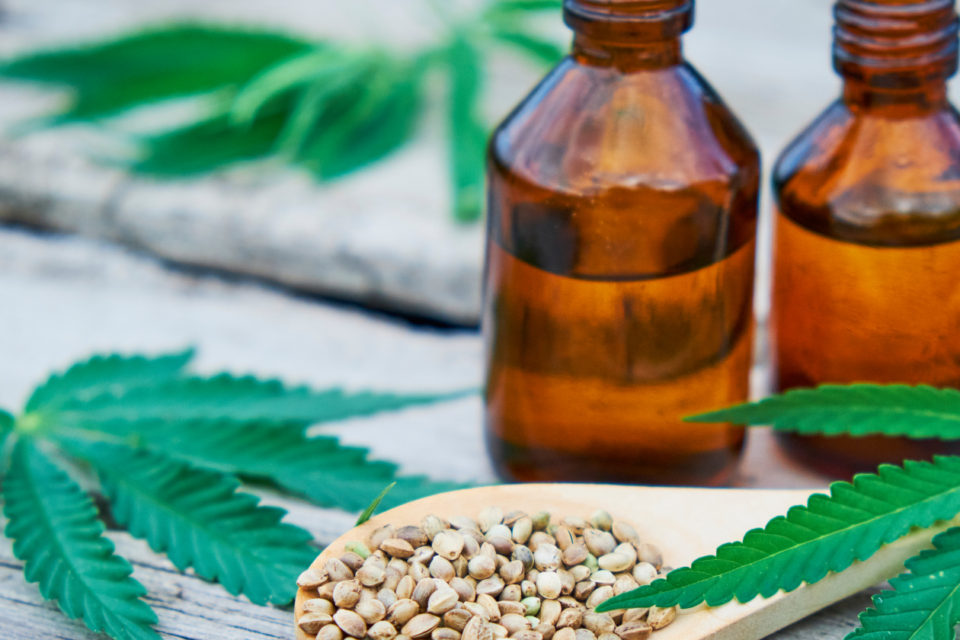We’ve written about cannabinoids like CBD and CBN before, and how they contribute to the plant’s complex range of effects. Today we’re going to follow a similar tack, diving into the world of pinene, one of the most important cannabis terpenes.
Terpenes, of course, are the aromatic “essential oils” that give cannabis strains—as well as countless plants and even animals—their distinctive flavors and aromas. And as an essential component of the pine tree family, pinene has the honor of being the most abundant terpene on the planet! That’s why if you’ve ever detected a distinctive “Christmas tree” aroma while lighting up, you’re smelling pinene.
But in addition to lending that unforgettable scent, the terpene is working hard to impart medicinal benefits to our bodies and minds. In today’s post, we’ll explore pinene effects and how you can leverage this powerful cannabis terpene by way of its potential entourage effects.
Pinene Effects: A Uniquely Stimulating Sensory Experience
Not all terpenes smell like they sound, but then pinine is a special terpene. In addition to the pine tree connection, pinene is found in orange peels as well as a wide range of herbs: rosemary, parsley, and basil, to name a few.
Technically there are two subtypes of this cannabis terpene: alpha-pinene and beta-pinene. But it’s the alpha type (which you’ll often see rendered as “a-pinene” or “α-pinene”) that you’ll more commonly find in cannabis.
Beyond the sensory level, pinene effects are varied and fascinating. Like many other cannabis terpenes, it’s uniquely good at destroying nasty fungi and microbes. But according to a recent survey of the available literature, pinene does more than that. Over and above controlling some truly nasty bacteria, pinene may help protect the brain against certain seizures and reduce neuroinflammation.
Then there’s the question of stress. If you don’t believe aromas have an effect on our moods, try this simple test: Imagine breathing in the scent of an evergreen forest. If just the suggestion makes you feel tingly, uplifted, or soothed, take that as a strong indication. And as it turns out, pinene really does exert a peculiarly relaxing effect on our airways and bronchial passages.
As studies have determined, pinene exerts a range of anti-inflammatory effects, especially on our respiratory function. And while it might sound counterintuitive, ingesting cannabis with a high pinene content—especially with a vape pen or vaporizer, which are gentler on our lungs than smoking—can help reduce inflammatory responses such as asthma.
Pinene affects our mood as well. Remember the prompt about imagining the scent of an evergreen forest? Some feel that contact with pinene can make us feel more lucid, boosting memory and attention. This is supported by a study suggesting certain cannabis terpenes can help diminish the short-term memory impairment associated with ingesting THC.
Pinene and Entourage Effects
This last finding—that cannabis terpenes interact with cannabinoids such as THC—is what’s called an “entourage effect.” First proposed by Dr. Raphael Mechoulam, the Israeli researcher who identified THC as the source of cannabis’ euphoric psychoactivity, the theory of entourage effects holds that the many compounds in cannabis all work in synergy to produce highly targeted and complex reactions. Current research backs this up, suggesting that pinene—in addition to imparting that wonderful scent and resinous flavor—may be an important player in our overall health and well-being.
Do you have more questions about pinene, entourage effects, or any other topics in the world of cannabis? Reach out! We’re always here to help….
